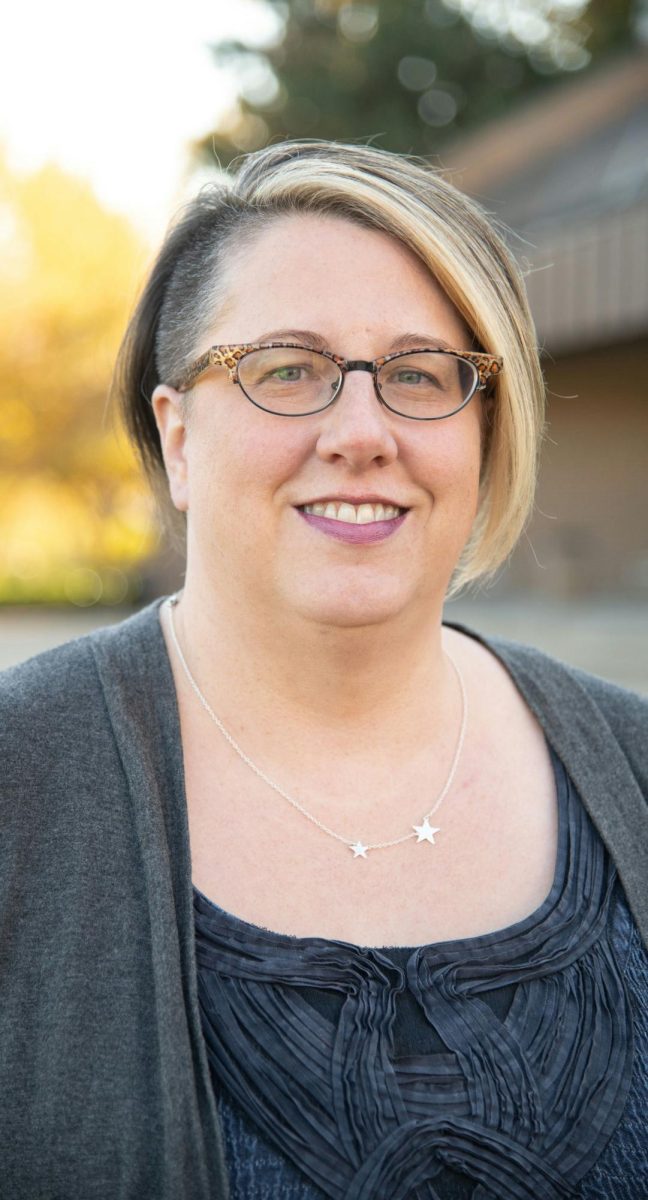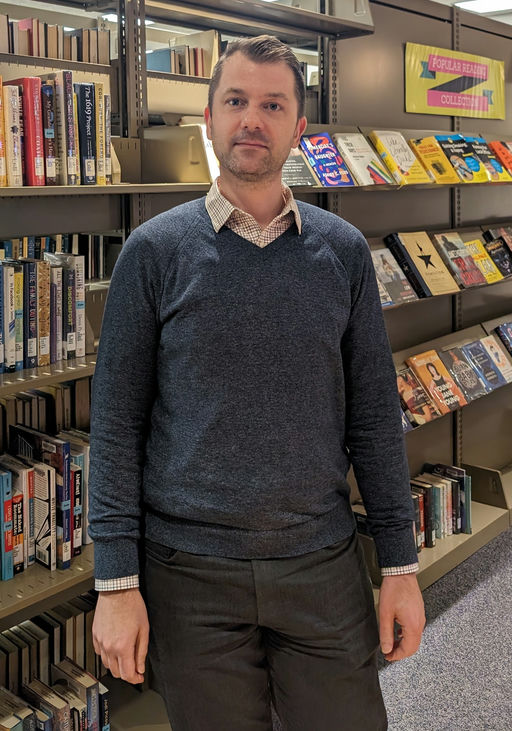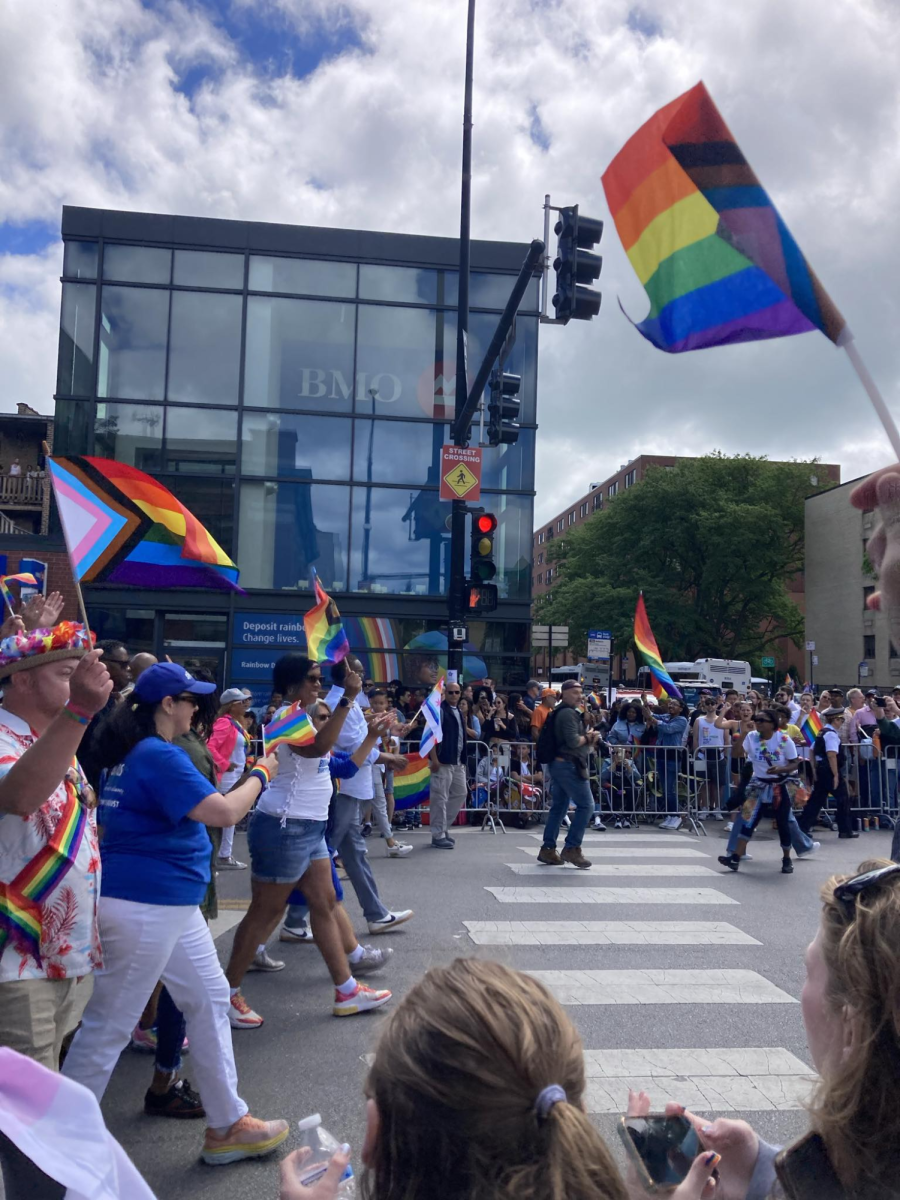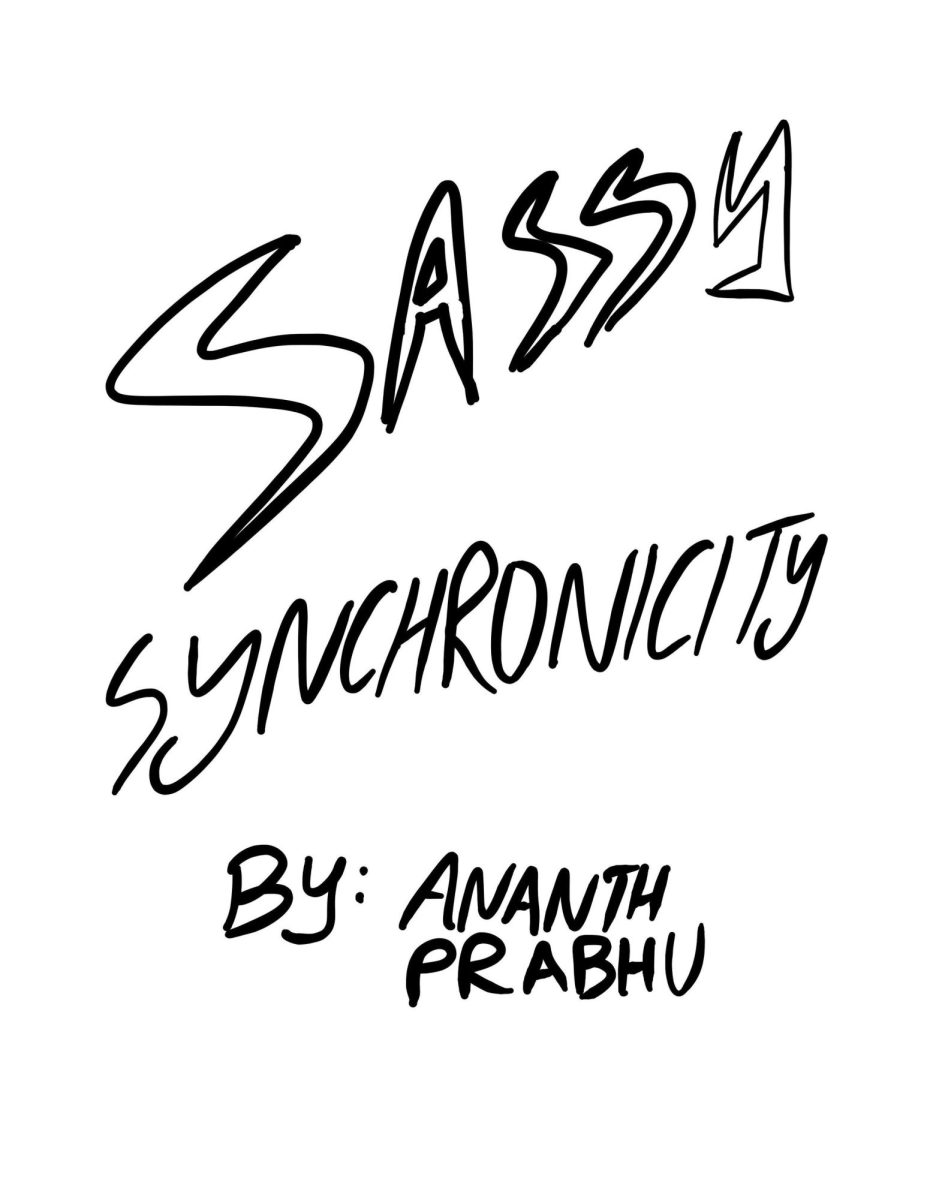As I wandered into the Jefferson Park library, the ambient soundtrack of the digital age filled the air, young and old making rhythmic tapping of keys as people engaged with computers. My own exploration into the library’s resources began with a glance at a Chicago Sun-Times headline that starkly reminded me of the contentious landscape libraries navigate today: “Censorship efforts at libraries continued to soar in 2023.” This piece highlighted the American Library Association’s tracking of the increasing trend in book banning across American public libraries, a phenomenon that seemed distant from having any relationship to AI.
The purpose of my visit was to delve into research for my Health Disparities class, focusing on the Native American community. The challenge was formidable: locate books predating the 20th century, a daunting task given the evolution of terminologies around “Native American” and “Healthcare.”
I enlisted AI for assistance after not being able to find or locate any resources on my own. Requests for historical texts on North American indigenous medicine were met with AI’s refusal, citing policy violations. Even after sourcing books independently, AI’s gatekeeping persisted, denying access to published information.
This personal anecdote of confrontation with AI censorship in academic research segues into a broader discussion about the role of libraries and librarians in the age of digital transformation and artificial intelligence. Dr. Chris Straughn and Robin Harris, librarians at NEIU’s Ronald Williams Library, offered expert perspectives on navigating these challenges.
When I spoke with Straughn and Harris, they discussed the importance of context in historical texts, the complexities of curating materials with outdated viewpoints, and the nuances of digital censorship and AI biases. Their insights underscore the lasting value of libraries as strongholds of unbiased knowledge amidst digital and ethical dilemmas.
When I talked to Dr. Straughn, he said, “If you train AI on negative source material, the AI is going to be negative… It’s tough to answer this with a single answer. But it’s a disparity between the training biases for the AI and then what the AI is actually producing.”

Harris also pointed to the broader issue of AI being trained by biased viewpoints, emphasizing that “It’s important to realize that whatever the AI has ingested is reflective of real people that have written things… It’s going to incorporate the same kind of biases…”
Dr. Straughn gave a stark example of this bias: “So there was a recent uproar because Google’s Gemini, when it was asked to generate images, it was asked to draw a picture of the British royal family. [The AI] moved it so far down the bias scale that the British royal family was all black, which, if we know anything about the British royal family, they’re really really white.” He continued, “AI follows a scale, but it’s still set by humans and it’s always going to be inherently biased because it’s like we’re using our own bias to try to remove biases and so it’s just like bias squared.”
A big difference between NEIU Library and AI? The librarians at NEIU provide unfettered and free access to materials regardless of the contents of the book or its author. Dr. Straughn says, “it’s a balance between providing really important information to our scholars versus ensuring that they’re informed about the historical basis for these texts.”
Both Dr. Straughn and Harris engage deeply with the ethical and educational challenges posed by historical texts containing outdated or non-politically correct language. Straughn emphasized the necessity of context: “When showing students how to use old newspapers, we must have difficult conversations about the language used… It’s important to realize that it wasn’t with malice, it was just an accepted term that everybody used.”
Harris added a layer to this educational mission, focusing on the dynamic nature of subject headings and the inclusivity within libraries. Harris said, “Subject headings are a living, breathing thing… People are working all the time on updating these to reflect the times, but then you do have to be aware of what chunk of time you’re looking for and what terminology was used.”
The NEIU Library knows that the measured and balanced books that students need aren’t linear but cyclical and require replenishment. Harris spoke to this by saying, “I am extremely thoughtful when purchasing books for the different disciplines at Northeastern. Who our students are, whose voices need to be represented, and again, create that balance, which can, I think, only maybe as of now, can only be done by a human brain person?”
How does Harris know? Because it’s already happening. AI is refusing to give names to books because it fears (as much as a computer can) that the information and texts contained inside written literature may be historically inaccurate or politically incorrect showing the bias or filter that AI uses to theoretically ban books. Why? Is this because of the author? Is it one-sided? The answer is both.
Addressing the challenge of curating materials that reflect one-sided perspectives, especially from white authors about ethnic and racial issues, Straughn underscores the critical role of librarians. Straughn said, “It’s about teaching people to look at the materials that they’re researching through a certain lens,” highlighting the importance of guiding researchers to understand the historical value and limitations of these works; something AI is incapable of doing.
In navigating the bridge between traditional research methods and AI approaches, Straughn and Harris advocate for a balanced use of both worlds. They stress the importance of digital literacy and the role of librarians in guiding students to critically evaluate sources, whether traditional or AI-generated.
Dr. Straughn says, “We have students coming up to the references saying, I want this book, I want this article… it’ll be a very valid looking citation that they’ve got with an author that might write on this and a good sounding title. But the A.I. completely made it up. So, I think it’s sort of, I guess, a disparity between the training basis for the AI and then what the AI is actually producing.” This adds yet another problem of AI to academia.
Librarians like Straughn and Harris aim to bridge the gap between conventional research methods and emerging technologies. Despite the challenges posed by the digital age, the mission of libraries remains unchanged: to preserve and provide access to the full spectrum of human knowledge and thought.
As custodians of this mission, librarians stand as vital liaisons, ensuring that the pursuit of knowledge remains unfettered by bias, censorship, or technological barriers. Libraries endure as strongholds of unbiased knowledge.
Through the dedicated efforts of librarians, they continue to offer sanctuary for free thought, critical inquiry, and the unending quest for understanding what defines the human experience. As society navigates the complexities of the digital and AI age, libraries remain indispensable in fostering an informed, educated, and critically thinking public.







